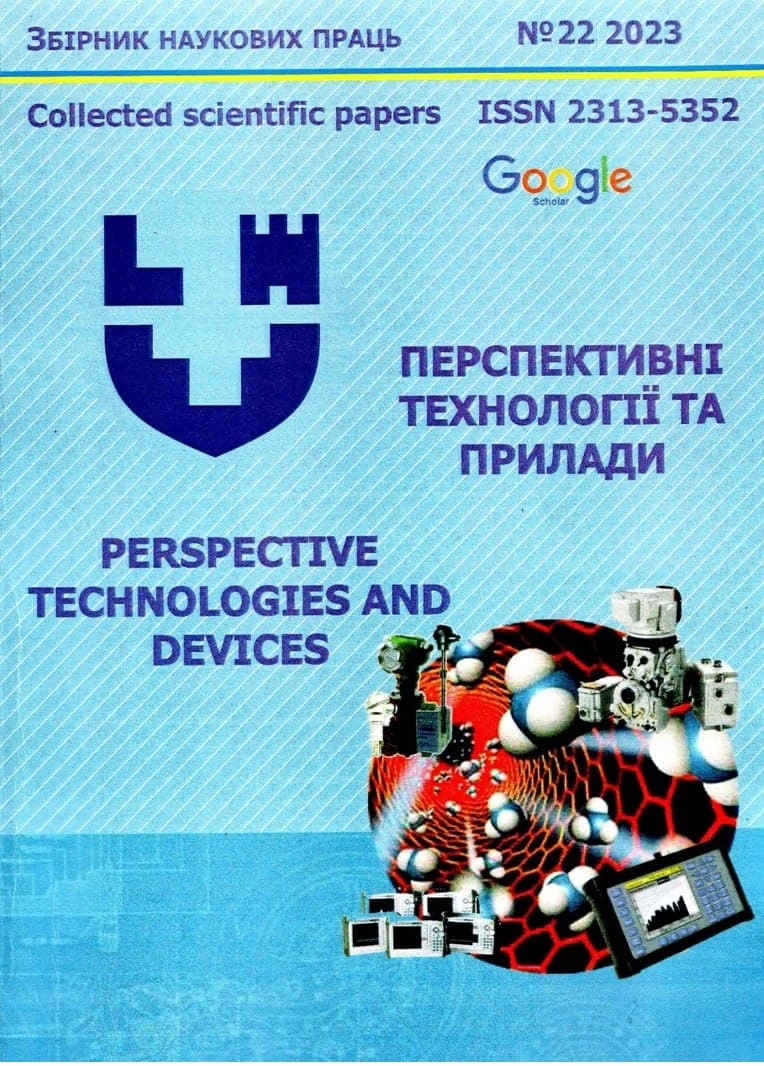THE ANALYSIS OF MACHINE LOGIC AND ARTIFICIAL INTELLIGENCE ALGORITHMS FOR DECISION-MAKING SYSTEMS IS AN IMPORTANT STAGE OF RESEARCH IN THIS FIELD
Abstract
Various algorithms and methods used in the development of decision-making systems, particularly those based on machine logic and artificial intelligence, are studied during the analysis. One example of artificial intelligence for solving logical tasks is the use of neural networks. Neural networks are powerful tools for modeling and solving diverse problems. Applying neural networks to solve logical examples may involve creating models that learn from input data and can draw conclusions based on that data. For instance, it is possible to build an artificial intelligence system that utilizes a neural network to solve logical examples using JavaScript. In such a system, rules and conditions can be defined for the neural network to make decisions. The network is trained using training data that includes input parameters and expected results. After training, the network can solve logical examples based on its learning.
One of the challenges in developing decision-making systems is ensuring the accuracy and reliability of the results. Potential algorithmic errors, insufficient or excessive flexibility of the system, as well as the influence of input data uncertainty and incompleteness, need to be considered. Conducting experiments and evaluating the effectiveness of different algorithms are important aspects to determine their suitability for a specific decision-making task.


 https://scholar.google.com.ua/citations?
https://scholar.google.com.ua/citations?

